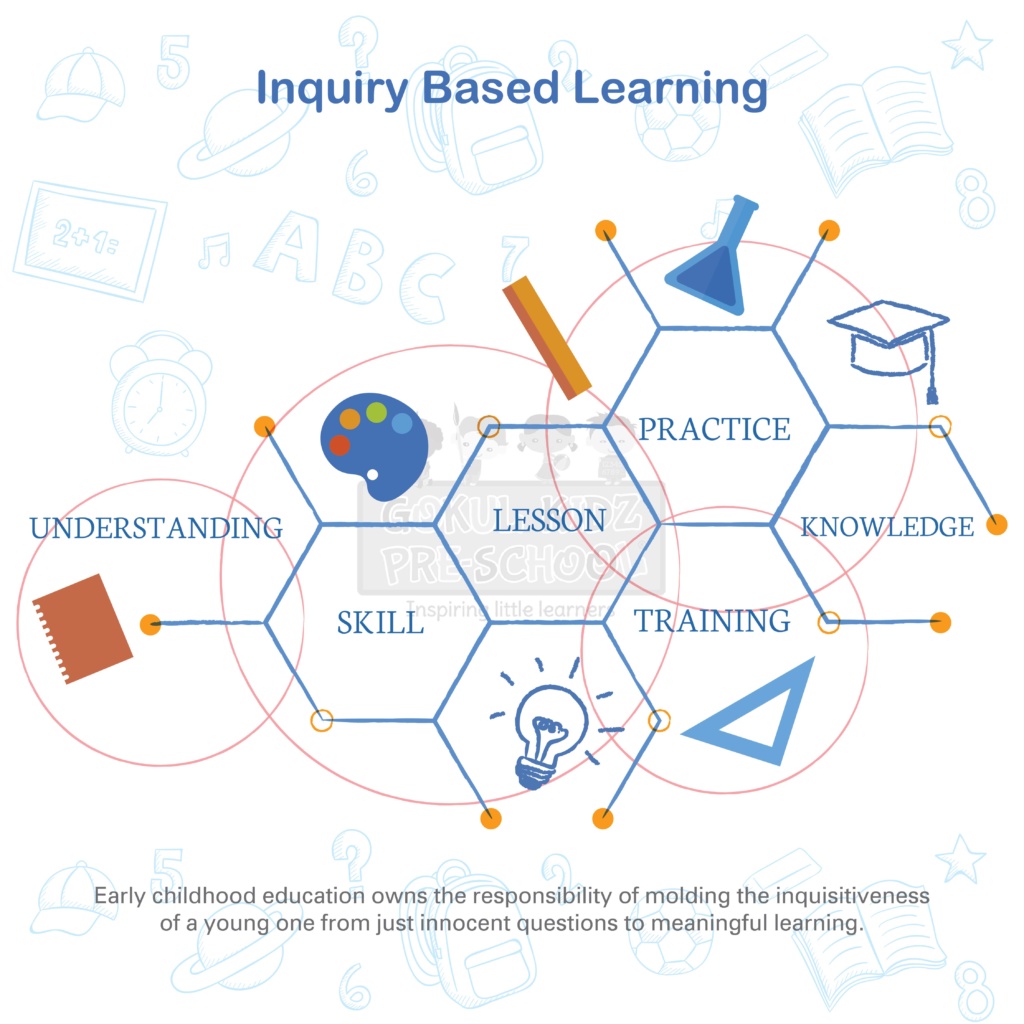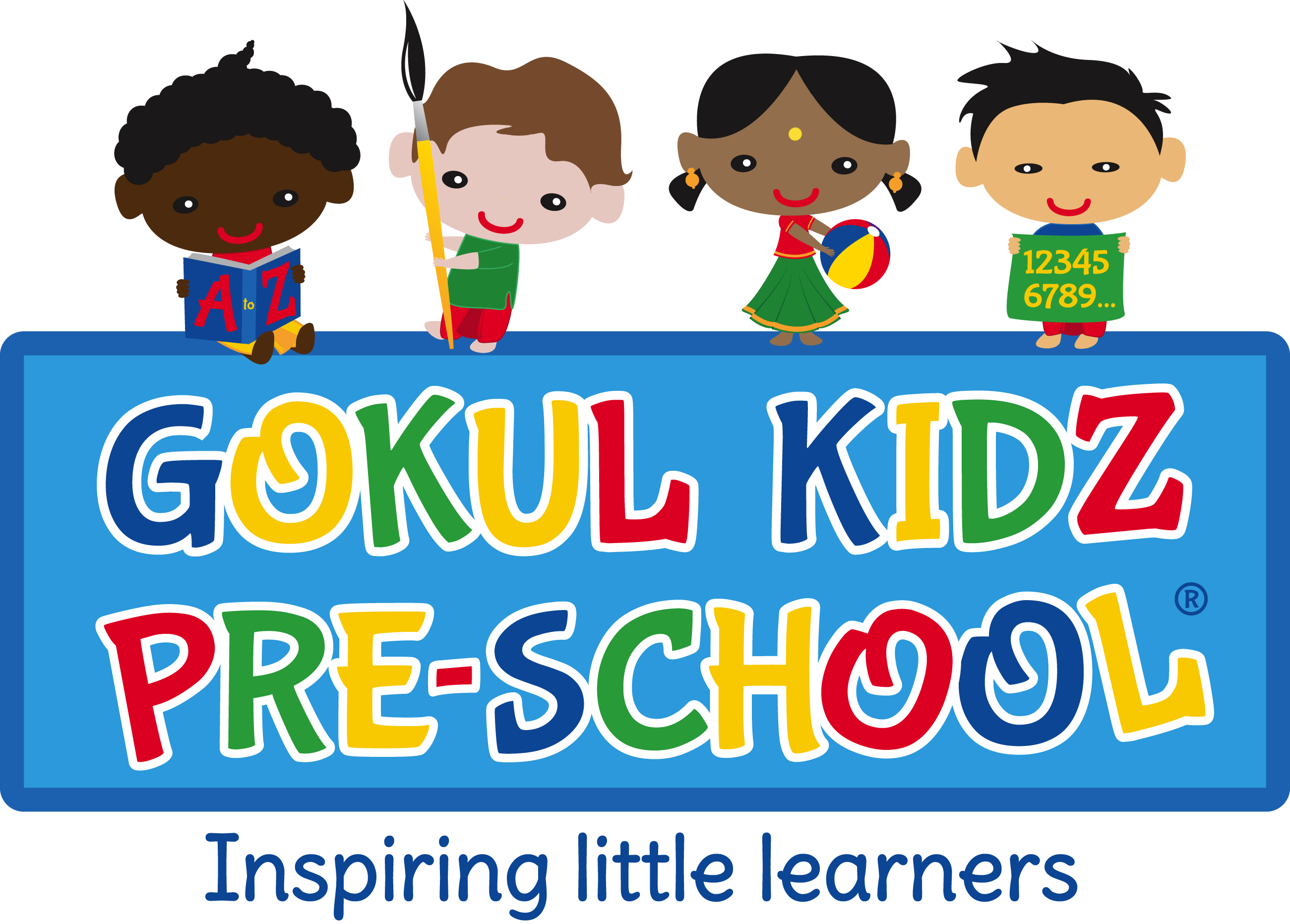
Early Childhood Education (ECE) holds a profound responsibility in shaping the inquisitiveness of young children, transforming their innocent questions into meaningful learning experiences. During these formative years, children are naturally curious, exploring the world around them and asking questions that reflect their desire to understand their environment. ECE plays a pivotal role in harnessing this curiosity through Inquiry-Based Learning, guiding children toward deeper comprehension and critical thinking.
One of the key aspects of ECE is creating a supportive and stimulating environment where children feel safe to express their thoughts and questions. Educators are tasked with fostering a culture of inquiry, encouraging children to ask “why,” “how,” and “what if.” This process not only validates their curiosity but also promotes engagement and motivation. By responding to children’s questions with thoughtful prompts and opportunities for exploration, educators can help them make connections between their interests and broader concepts. Inquiry-Based Learning thrives in this context, as it allows children to take ownership of their learning journey.
For instance, if a child asks why the sky is blue, an educator can guide them through a hands-on activity involving light and color, allowing them to discover the science behind the phenomenon. This approach transforms simple questions into meaningful learning opportunities, allowing children to experience firsthand the joy of discovery through Inquiry-Based Learning.
Moreover, ECE emphasizes the importance of play-based learning, recognizing that children learn best through exploration and interaction. Through play, children can experiment, solve problems, and engage in social interactions that further their understanding. Educators can introduce new concepts during play, facilitating discussions and encouraging children to reflect on their experiences. Inquiry-Based Learning is integral to this process, as it encourages children to explore topics in-depth, ask questions, and seek answers collaboratively.
In addition to fostering intellectual growth, ECE also helps cultivate social and emotional skills. As children engage in group activities and discussions, they learn to listen to others, express their thoughts, and respect different perspectives. These skills are essential for their overall development and contribute to their ability to navigate the world around them.
In summary, Early Childhood Education is instrumental in nurturing a child’s inquisitiveness and guiding them toward meaningful learning through Inquiry-Based Learning. By creating a supportive environment, encouraging exploration, and emphasizing play-based learning, educators can help children transform their innocent questions into a deeper understanding of the world, laying the foundation for a lifelong love of learning.
